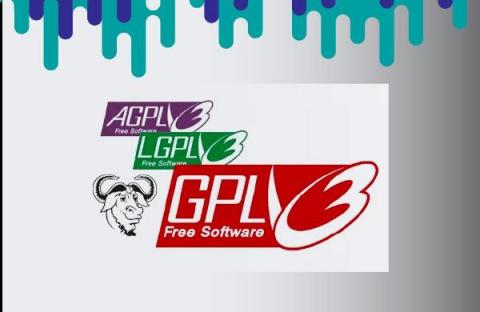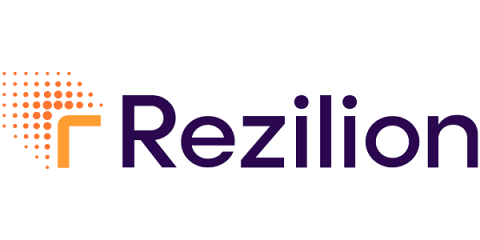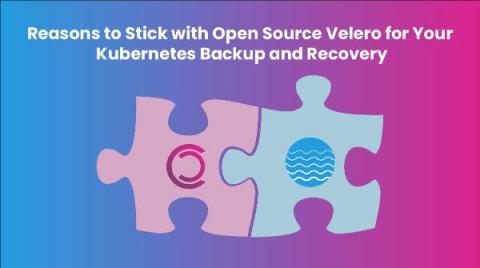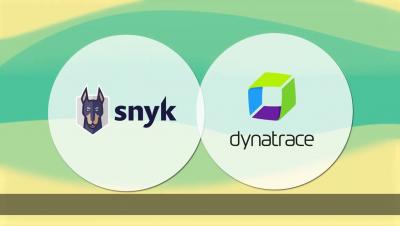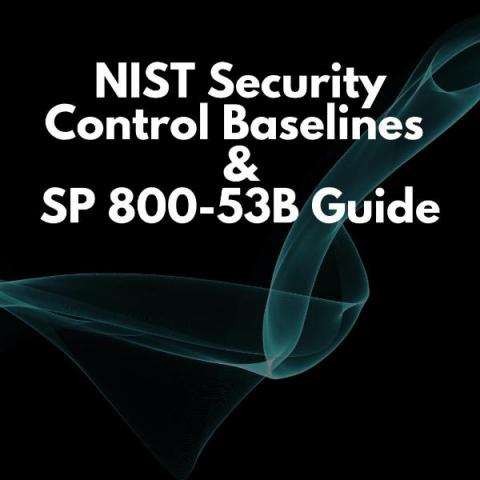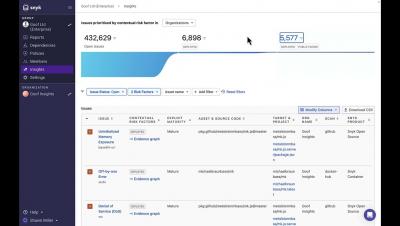Security | Threat Detection | Cyberattacks | DevSecOps | Compliance
DevOps
Snyk Security Intelligence: Snyk Code Knowledge Base
The Top 10 Questions about the GPL License - Answered!
The GNU General Public License (GPL) is one of the most widely used open source software licenses. It was created by the Free Software Foundation (FSF) to protect the GNU’s software from being made proprietary. The GPL emphasizes the principles of software freedom and promotes the sharing of knowledge and collaboration. It is a copyleft license that requires any modified versions or derivative works to be licensed under the GPL.
Which Critical Vulnerabilities Discovered in 2023 Can Do Serious Damage? Read Our Report
Software vulnerabilities are among the biggest security risks organizations face today, and several critical vulnerabilities have already been revealed in 2023. Software bugs plague enterprises and small organizations alike and wreak havoc on entire supply chains. What’s worse, new bugs emerge on a regular basis, forcing security leaders and teams to scramble for solutions to avoid data breaches and other incidents.
Reasons to Stick with Open Source Velero for your Kubernetes Backup and Recovery
I recently had a chance to speak with Chris Mellor at Block and Files about the emergence of Velero as the standard for Kubernetes data protection. I shared some ballpark estimates of market share across open source and commercial vendors to make my case. These numbers were obtained through diligent market research. They are estimates, but they are not imaginary.




